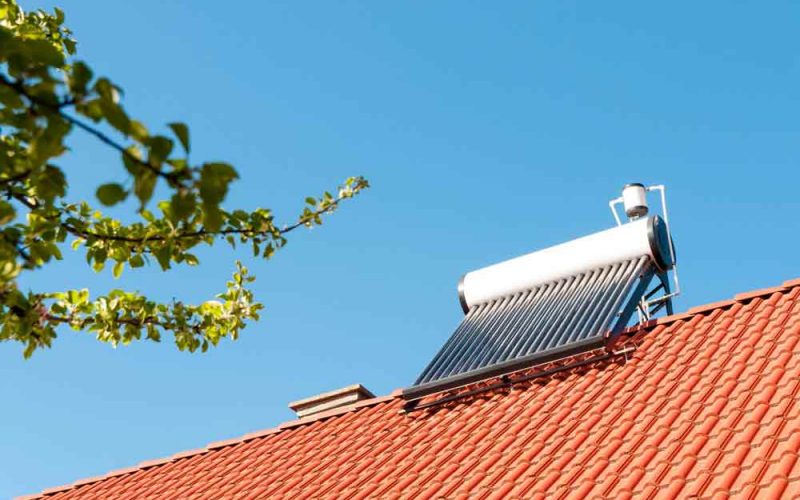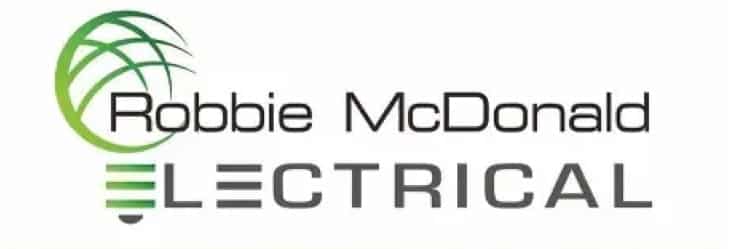Add Your Heading Text Here
Solar energy is a renewable and eco-friendly source of power that has gained popularity in recent years. Harnessing the power of the sun, solar hot water systems provide a sustainable and cost-effective solution for heating water.
In this blog, we will learn about solar hot water systems in more detail.

The Science Behind Solar Energy Conversion
Solar energy conversion is based on the principle of capturing sunlight and converting it into usable energy. This process is achieved using solar panels, which are designed to absorb and convert sunlight into heat energy.
The solar panels consist of photovoltaic cells that contain a semiconductor material, usually silicon. When sunlight strikes these cells, it excites the electrons within the material, generating an electric current. This current is then used to power the system that heats the water.
Types Of Solar Hot Water Systems
When considering solar hot water systems, first think about your local climate:
Direct Systems
Direct solar hot water systems are the simplest and most common type. In these systems, water flows through a solar collector, which is a series of tubes or panels that absorb sunlight. The absorbed heat is transferred directly to the water, which is then stored in an insulated tank until it is needed. Direct systems are suitable for areas with warmer climates where freezing temperatures are rare.
Indirect Systems
Indirect solar hot water systems are recommended for colder climates where freezing temperatures can occur. These systems use a heat transfer fluid, such as antifreeze, to capture and transfer heat from the solar collector to the water. The fluid circulates through the collector, absorbs heat and transfers it to a heat exchanger. The heat exchanger, in turn, heats water in a separate storage tank. Indirect systems are more complex and require additional components, but they offer better freeze protection.
Key Components Of Solar Hot Water Systems
To understand how solar hot water systems function, it’s beneficial to familiarise yourself with their key components.
Solar Collectors
Solar collectors are primary components responsible for capturing sunlight and converting it into heat energy. Flat plate collectors and evacuated tube collectors are the two most common types used in solar hot water systems. Flat plate collectors are flat, rectangular panels that consist of an absorber plate covered with a glass or plastic cover. Evacuated tube collectors, on the other hand, are composed of rows of transparent glass tubes containing an absorber plate and vacuum insulation.
Storage Tanks
Storage tanks are used to store heated water until it is required for use. These tanks are typically well-insulated to minimise heat loss. In larger systems, additional backup heating sources may be incorporated to ensure a constant supply of hot water during periods of low solar radiation.
Circulation System
A circulation system transports water between solar collectors and the storage tank. This system comprises of pipes, valves and pumps that facilitate the flow of water. In certain systems, natural convection is utilised, where warm water rises and circulates through the collector while colder water sinks and enters the storage tank.
Controls And Sensors
Controls and sensors play a vital role in optimising the efficiency of solar hot water systems. Temperature sensors monitor the temperature of water in the collector and storage tank, ensuring that the system operates within the desired temperature range. The controls adjust the flow rate and activate auxiliary heating if necessary to maintain optimal performance.
Wrapping Up
Solar hot water systems are an innovative and sustainable way to utilise the power of the sun for heating water. By understanding the science behind solar energy conversion and the key components of these systems, we can appreciate their efficiency and eco-friendliness. In areas like Gympie, where solar panels are popular, investing in solar hot water systems can provide energy savings and reduce carbon footprints.
At Robbie McDonald Electrical, we take pride in providing high-quality solar systems in Gympie. By choosing to install solar energy solutions on your property, you not only reap the benefits of cost-effective and sustainable hot water, but you also contribute to a cleaner and brighter future for yourself and future generations. So, let’s embrace solar power systems in Gympie and join the movement towards a greener tomorrow.
